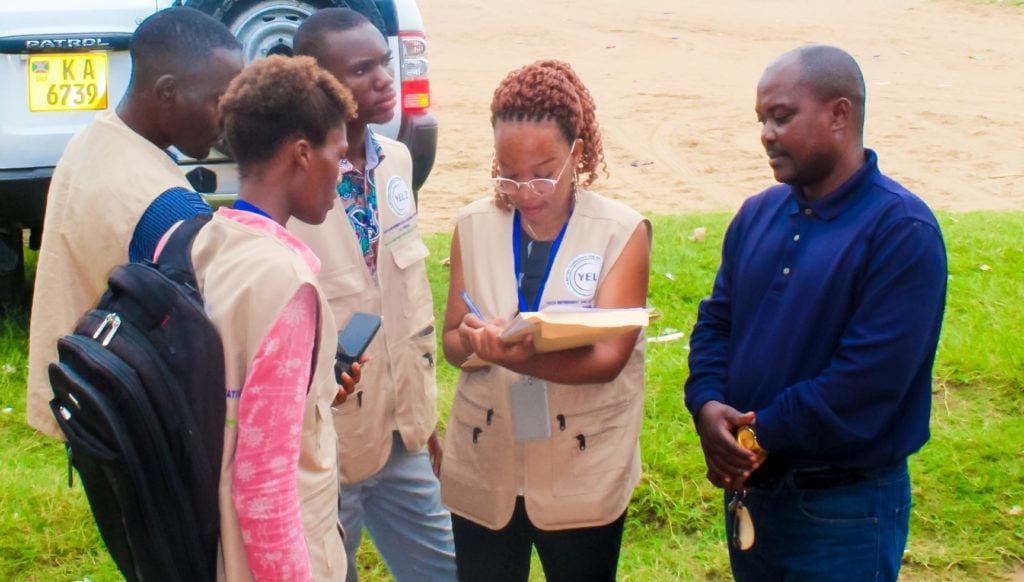Young researchers in DRC, Burundi, and Uganda have mapped youth’s contributions to peace in the Great Lakes Region. They were supported by the United Network of Young Peacebuilders and Cordaid. Their reports are out now.

In the African Great Lakes Region (GLR), conflicts have persisted for decades. These conflicts have caused instability across the continent and are responsible for the displacement of thousands, recruitment of child soldiers, war crimes, sexual and gender-based violence, and other atrocities. The conflicts in the GLR are caused by and continue due to many intertwining political, economic, and cultural factors, as well as security and governance concerns.
Sidelined and excluded
Burundi, the Democratic Republic of Congo (DRC), and Uganda, all part of the Great Lakes Region, are countries with youthful populations. Unfortunately, these countries are also characterised by deeply-entrenched patriarchal and gerontocratic norms and practices that profoundly disadvantage young people, especially young women, in their efforts to access security, justice, and political decision-making.
Borderlands are volatile. Communities are divided by national boundaries but connected by routine cross-border mobility, mixed migration flows, and ties of family and identity.
In addition, all three countries are characterised by institutions that are largely struggling to deliver security, justice, and basic services to people. Thus, youth remain largely excluded from access to political decision-making, and are, therefore, sidelined from realising their full potential as agents of positive change in their communities and the wider region.
In response to the exclusion and alienation of youth, the United Network of Young Peacebuilders (UNOY), and Cordaid, developed the Borderlands Youth Forum.
Young people contribute to peace, cohesion, and safety
The forum’s aim was to build the capacities of young people by enhancing their leadership skills. It provided support to generate evidence of youth’s contribution to peace in and between communities in the Great Lakes Borderland regions. Three youth-led research teams from DRC, Burundi, and Uganda were supported for more than a year to implement research in the borderlands of their respective countries about the challenges young people face in these regions and their aspirations to contribute to peacebuilding, social cohesion, and safety in the community.
Demarcations and connections
Borderlands, areas of regional interdependence, are often volatile. Communities are divided by national boundaries but connected by routine cross-border mobility, mixed migration flows, and ties of family and identity. Across borders, they manage common risks, such as food insecurity, environmental degradation, and climate change vulnerability. The region’s porous borders have long allowed communities to establish livelihoods regardless of international demarcations. Local commerce and pastoralism rely on the easy movement of people and goods within and across borders and continue to heavily rely on transnational ethnic affiliations. These are zones of conflict and risk, but also opportunities to build shared resilience. And where young people play a vital role.
The research reports are out now in French and English and contain important policy recommendations and entry points for local, national, and regional authorities, civil society organizations, and the international community.
Download the report
Feel free to download the research reports, in English or in French.